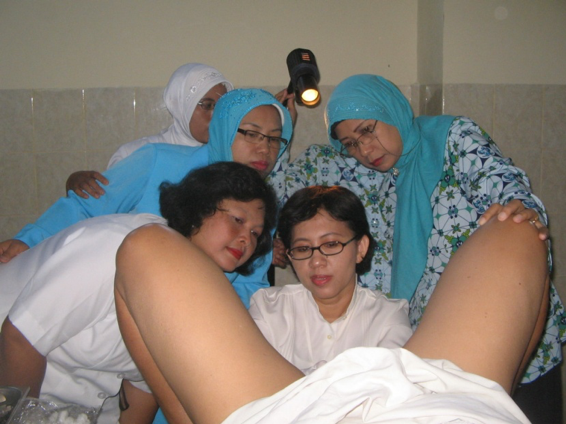Background
Cervical cancer is the most common type of cancer in Indonesia with around 40 000 women being diagnosed every year. The disease is especially widespread in rural areas, where the absence of screening programmes has led to women only seeking help when the cancer is at an advanced, untreatable stage. In western countries, cervical cancer has been brought under control by national screening programmes, but this is expensive and difficult to implement in low-income countries like Indonesia. Instead, there is a method called “visual inspection using acetic acid” (VIA), which is simple, cheap and has already been used effectively in a few districts in Indonesia.
About the project
This project was created to provide women with VIA screening for cervical cancer through the existing health service system in Yogyakarta municipality. The project team arranged a two-day training for the midwives and doctors working at the hospital, where they discussed the importance of cervical cancer screening and the hospital staff’s role in improving the situation in Indonesia. They also trained the participants on how to perform a VIA screening, using pelvic models to practice on before they examined their actual clients. Together with the hospital, the project team established a cryosurgery unit (where extreme cold is used to remove any abnormal or diseased tissue) and a referral system for women in need of treatment.
Results
By the end of the project, 115 midwives and doctors had been trained to perform VIA screenings and 585 women had been screened for cervical cancer using this method. Those women who showed signs of cervical cancer were referred to the cryosurgery unit. Going forward, the midwives and doctors will continue to screen women using the VIA method and the district health office has provided funds and support to help this work continue.
Year: 2009
Want to get in touch with the project team?
Request contact details for the project team here. A staff member from the Global Academy in SRHR will reply to your request.




